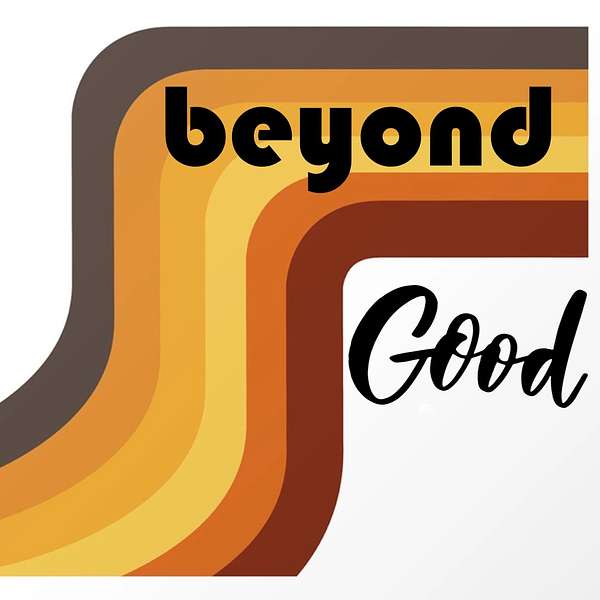
Beyond Good
Beyond Good
Dealing with Failure
Today's episode is about mistakes, disappointment and failure – with the discussion ranging from 'recognising that my last lesson didn’t go as well as I wanted', through to acknowledging and responding to under-performance at the level of the whole school.
Matt and Femi discuss the importance of recognising and admitting when things aren’t good enough and taking responsibility for the outcomes, how to identify when outcomes haven’t been good enough, and also reflecting on when and why things went well.
The pair share examples from their own experiences of failure; what it means to be able to hold your head up high, look the kids in the eye at the end of the year and say “Hand on heart, I did my best”; Using evidence to identify what it is that you need to work on to improve outcomes – and trying to focus in on a small number of things that will have the biggest impact; and the common trap of focussing on 'what I should have done in that situation' rather than 'how to avoid getting into the situation in the first place'.
They debate some of the problems with having performance management linked to class results; A developmental paradigm vs judgemental paradigm; focussing on outcomes vs focussing on culture; and the value of having the space to make mistakes.